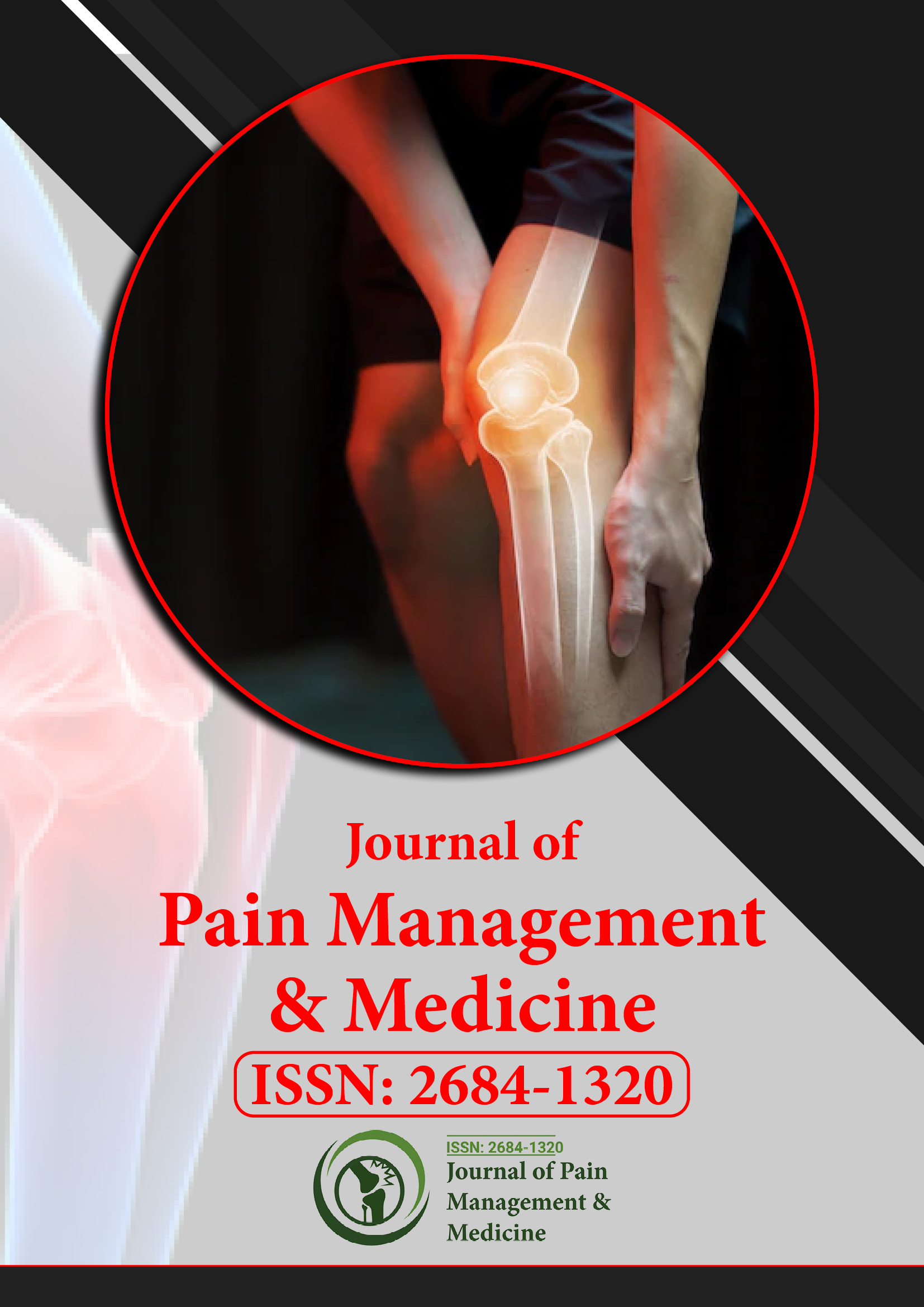indexado en
- Búsqueda de referencia
- Universidad Hamdard
- EBSCO AZ
- Publón
- pub europeo
- Google Académico
- Mercado de acceso abierto de calidad
Enlaces útiles
Comparte esta página
Folleto de diario

Revistas de acceso abierto
- Administración de Empresas
- Agricultura y Acuicultura
- Alimentación y Nutrición
- Bioinformática y Biología de Sistemas
- Bioquímica
- Ciencia de los Materiales
- Ciencia general
- Ciencias Ambientales
- Ciencias Clínicas
- Ciencias farmacéuticas
- Ciencias Médicas
- Ciencias Veterinarias
- Enfermería y Cuidado de la Salud
- Genética y Biología Molecular
- Ingeniería
- Inmunología y Microbiología
- Neurociencia y Psicología
- Química
Abstracto
La necesidad de integrar los cuidados paliativos en la formación médica universitaria: una reflexión en los países en desarrollo
Emillie John, Carnel John, William Kerti, Feruie Thomson
Las necesidades de Cuidados Paliativos (CP) han ido en aumento en los países de ingresos bajos y medios. La prevalencia de enfermedades infecciosas como el virus de inmunodeficiencia humana-síndrome de inmunodeficiencia adquirida (VIH-SIDA) y la aparición de enfermedades oncológicas plantea desafíos en la estructuración de políticas de educación y formación en el abordaje de contenidos en CP, evitando así el sufrimiento y la futilidad terapéutica de pacientes y familiares. Cualquier práctica futura de los profesionales de la salud se basa en sus conocimientos durante la formación de pregrado y la formación continua a lo largo de su carrera. La prestación de cuidados de salud, en particular los paliativos, implica, entre otros aspectos, el diagnóstico, la divulgación de malas noticias, el abordaje terapéutico y la discusión y su limitación y/o cuando limitarla, y la participación del paciente y la familia en la toma de decisiones sobre el cuidado, las relaciones multi e interprofesionales, la comunicación con pacientes, cuidadores y/o familiares, la prestación de cuidados al final de la vida (FdV) y el afrontamiento de la muerte como un proceso natural de la vida deben integrarse en la implementación de la educación médica y de otros profesionales de la salud. La falta de esta formación genera miedos, incertidumbres, dudas e incluso sufrimiento para estos profesionales y, en consecuencia, para los pacientes y sus familias.